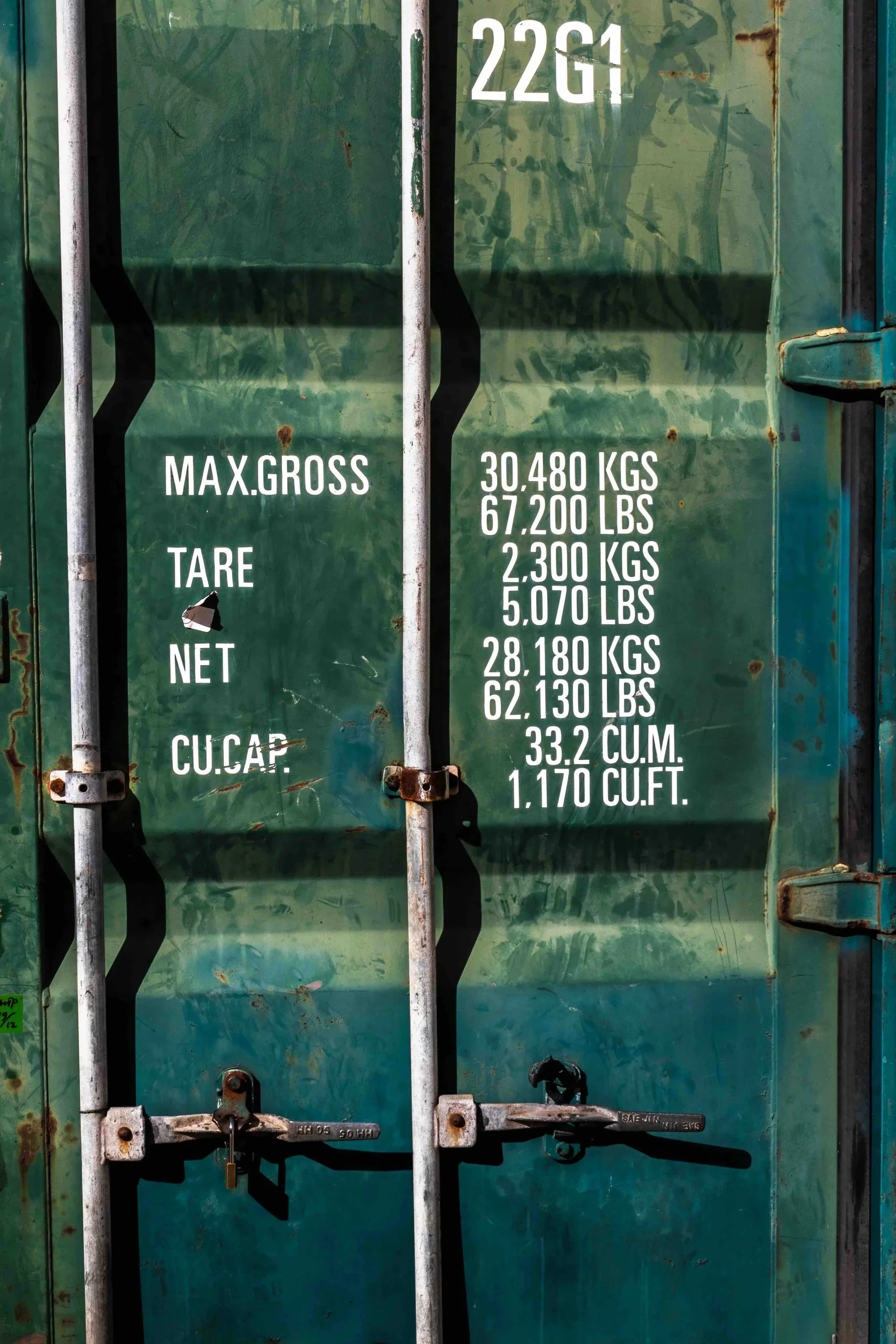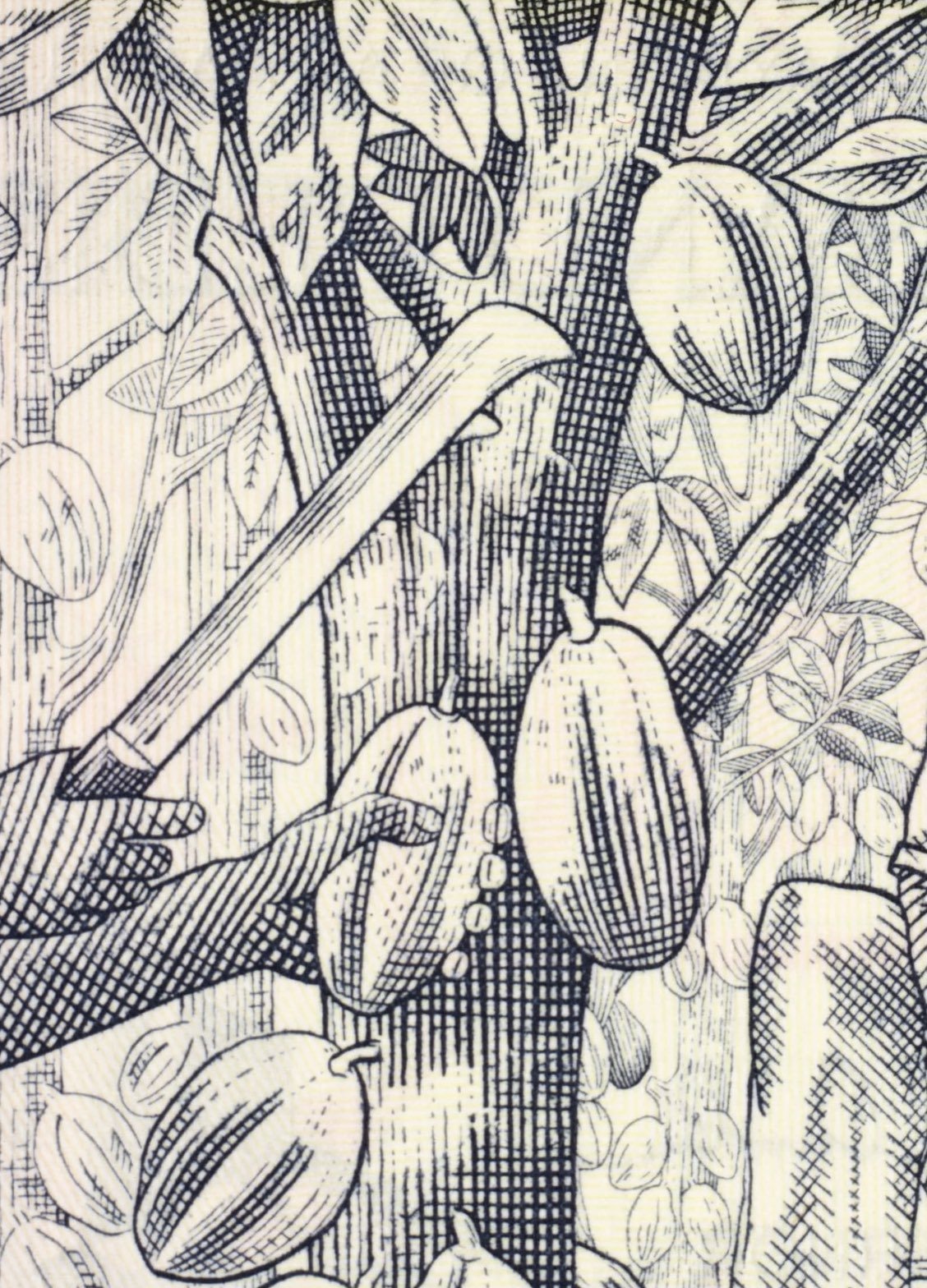
Explore our range of premium agro-commodities
At CAVOLA, we’re not just committed to sourcing high quality products. We’re also striving to build sustainability and traceability into all aspects of our value chain - from the farm gate all the way to the shipping container.
In the screen below, you can learn more about our popular lines of trade. And if you’re interested in a commodity that is not on the list, please don’t hesitate to contact us.
-
In West Africa, Nigeria is by far the largest producer of chilli pepper, representing circa 54% of total regional output. Second place is claimed by Niger, which accounts for approximately 17% of total volume. Third place goes to Benin, with just under 10% of total volume.
CAVOLA’s purchasing agents keep a beady eye on seasonal fluctuations in rainfall and other climatic conditions. They use this intelligence to ensure that our customers receive consistently high quality at the best possible price.
-
Nigeria’s position as the continent’s leading producer of cocoa was ceded long ago to Côte d’Ivoire, which now accounts for approximately 59% of total continental volume.
Nevertheless, although our home base accounts for only 10% of African cocoa production, our beans are highly prized for their distinctive flavour profile and their rich aroma, leading to high demand from the producers of premium chocolate and other cocoa-based products.
-
In value terms, the largest coffee supplying countries in Africa are on the eastern coast with Ethiopia, Uganda and Kenya, accounting for nearly 83% of total exports. However, over the past ten years, there has been a sharp increase in the popularity of speciality roasters catering to the consumer desire for richer, more flavourful, blends.
Hence although the volume of exports from Nigeria and other neighbouring countries is still relatively small, over the past 12 months CAVOLA has witnessed a sharp increase in buyers wishing to source Western African varieties.
And at CAVOLA, we are well positioned to meet our customers’ increasingly stringent demands in respect of sustainability and traceability.
-
From the 1960s through to the 1990s, Egypt dominated the field of African cotton production. But over the last two decades, the locus of African cotton production has shifted to West Africa and, in particular, to Burkina Faso, Mali, Benin, Côte d'Ivoire and parts of northern Nigeria.
At CAVOLA, our purchasing agents are always on the hunt for the highest quality, export-grade, cotton bales.
-
Nigeria is not just the biggest producer of ginger in West Africa but a premier league star in the global production of this increasingly popular superfood. This is largely because Nigerian ginger is among the most prized in the world, thanks to its aroma, pungency and high oil and oleoresin content.
CAVOLA sources most of its premium-grade ginger from Kaduna state. But we also take product from Nasarawa, Niger, Gombe, Bauchi, and Benue.
-
The global demand for hibiscus has been booming over the past few years, fueled by rising demand for its use in natural cosmetics, herbal teas and a variety of other health products.
In Nigeria, CAVOLA’s purchasing agents prefer supplies from Jigawa, Kano, Bauchi, Katsina, and Borno, where the climatic conditions are ideal for the cultivation of the Roselle variety of hibiscus. Known for its deep red calyces, the Roselle variety is rich in anthocyanins, antioxidants and vitamin C.
-
Oil palm trees originated in West Africa and, until the mid 1950s, Nigeria was the world’s leading producer of oil palm products. But, over subsequent decades, new sources of production sprung up. Now around 90% of the world's oil palm trees are grown on a few islands in Malaysia and Indonesia, where tropical rainforests have been cleared to make room for large oil palm plantations, destroying critical habitat and contributing to greenhouse gas emissions.
So it’s no surprise that at CAVOLA we’re committed to the revivification of the West African oil palm industry. And we aim, wherever possible, to ensure that all products can be traced to the farm gate.
-
Although the cultivation of rubber trees played a key role in Nigeria’s early economic development, the industry suffered from underinvestment in the decades following the discovery of the country’s vast reserves of oil and gas.
However, in recent years, we have seen the emergence of new, more sustainable, plantations. And CAVOLA now has trusted suppliers in all three of the major producing states, viz. Edo, Ondo and Delta.
-
Nigeria is Africa’s second largest producer of sesame seeds, with 80% of annual product destined for the export market where it is highly prized because of its rich oil content.
CAVOLA sources sesame seeds from farmers who produce and harvest twice in a planting season. This relatively long producing season - in combination with good storage and warehousing facilities -makes our sesame available for export all year around.
-
At CAVOLA, we’ve seen a phenomenal growth in demand for Nigerian turmeric, with overseas buyers extremely keen on the dried turmeric flakes that we source from Kaduna and other northern states.
This demand reflects the fact that the turmeric grown in northern Nigeria has a particularly high concentration of curcumin, the active compound responsible for its bright yellow colour and its highly prized health benefits, including its potent antioxidant and anti-inflammatory properties.

